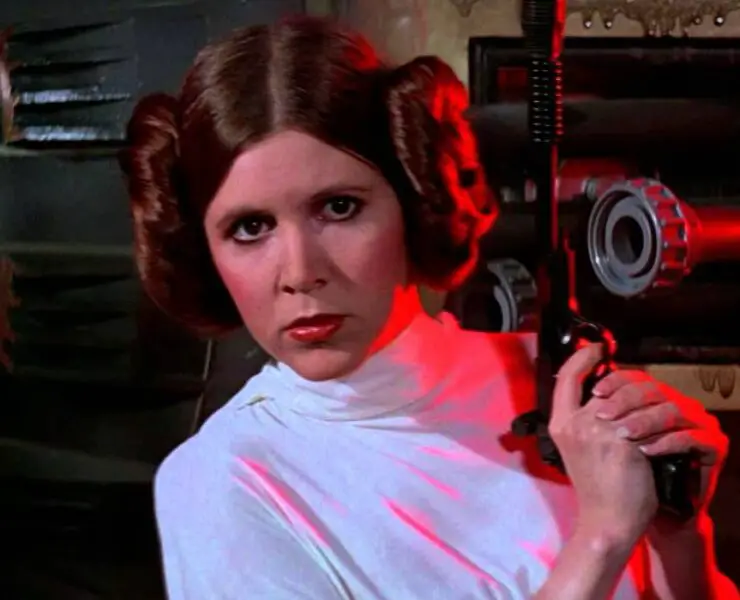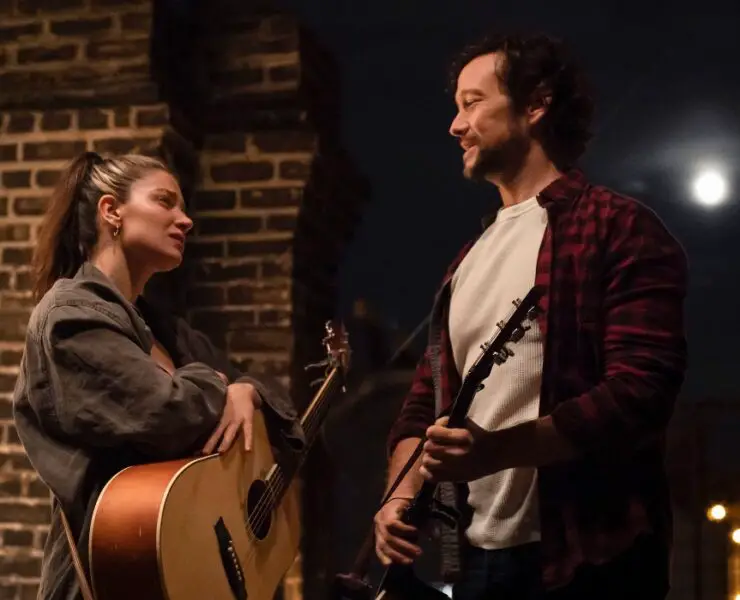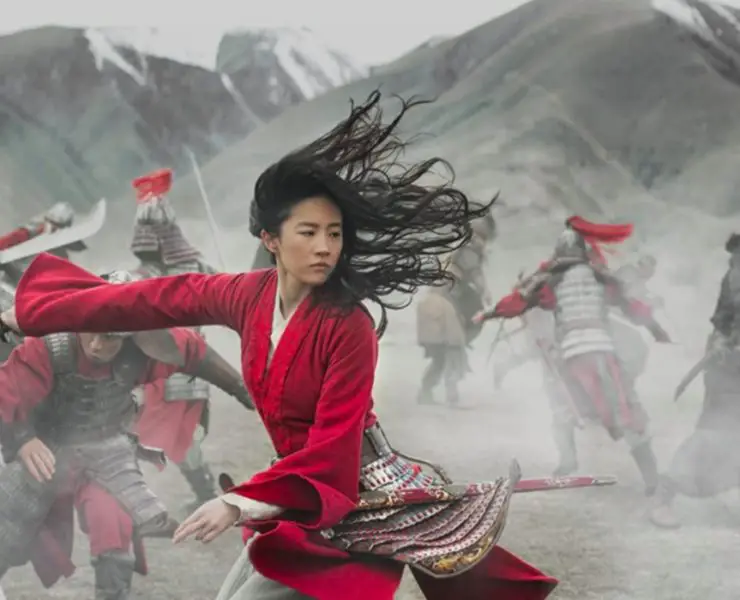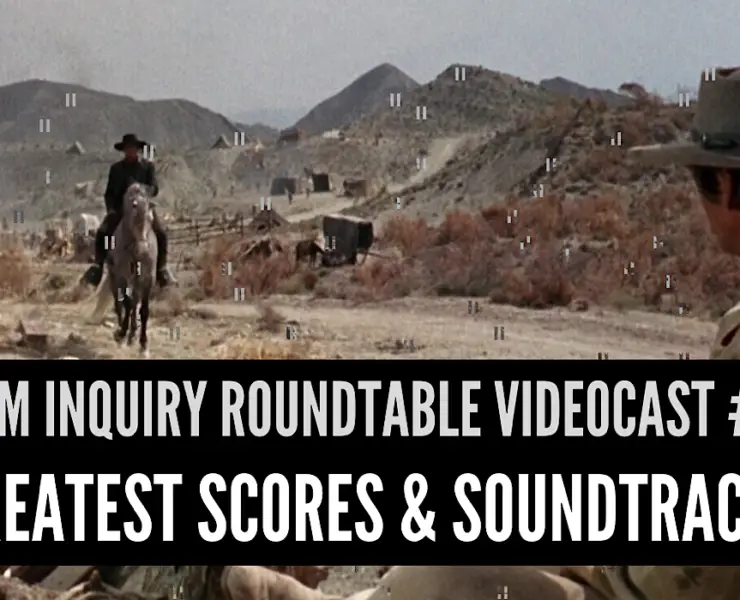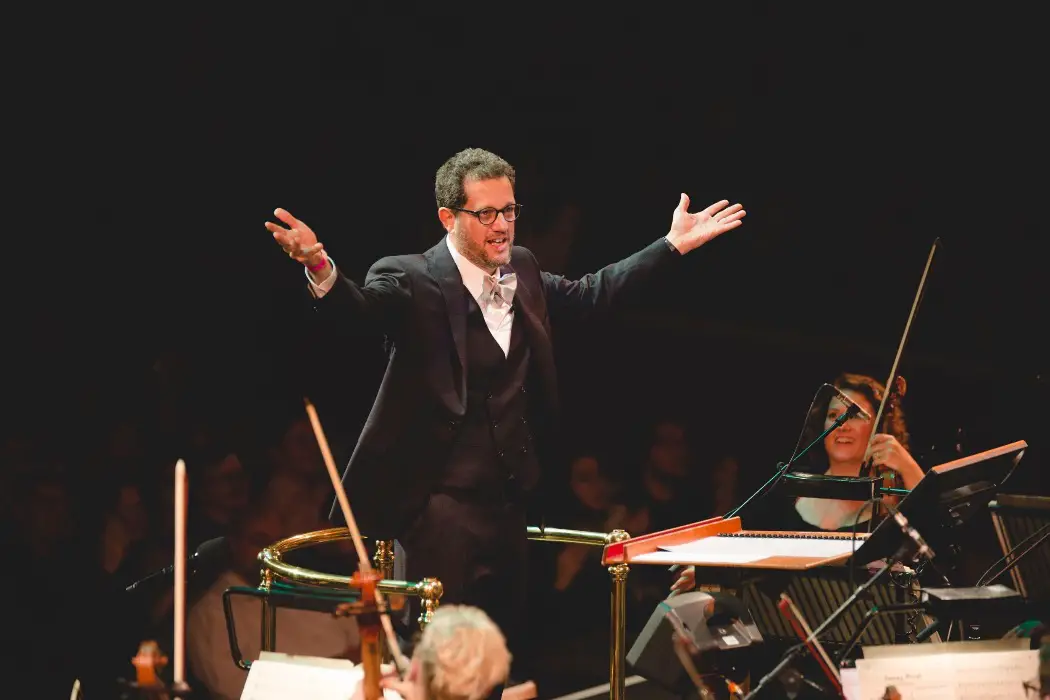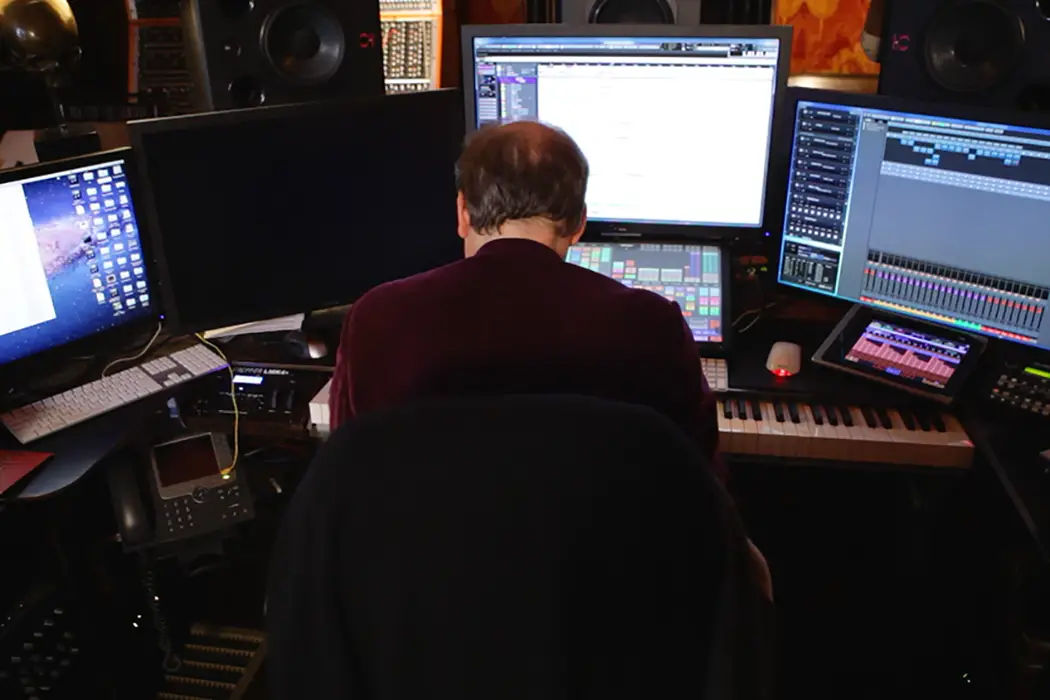composer
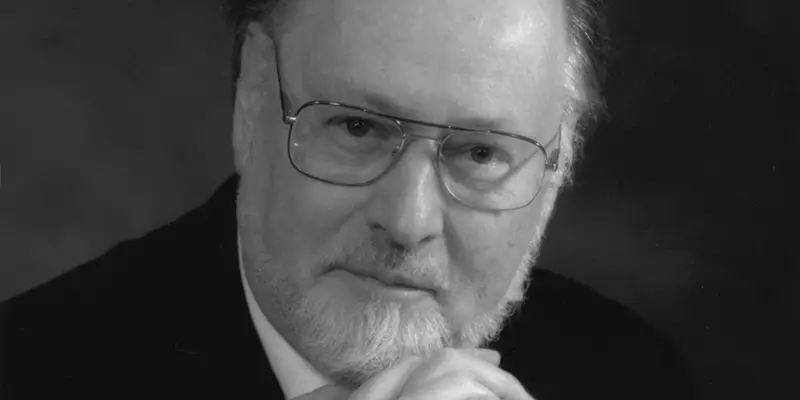
In all production tools of filmmaking, using sound effects is a fundamental factor in capturing a film’s escapist experience and the audience’s reactions. Although sound is not seen on-screen, it does play a crucial role in how films work, and in how it progresses narrative, develops characters and addresses significance. John Williams is an example of a composer whose work has established the importance of music within cinema, and how they play a fundamental role in the entire experience.
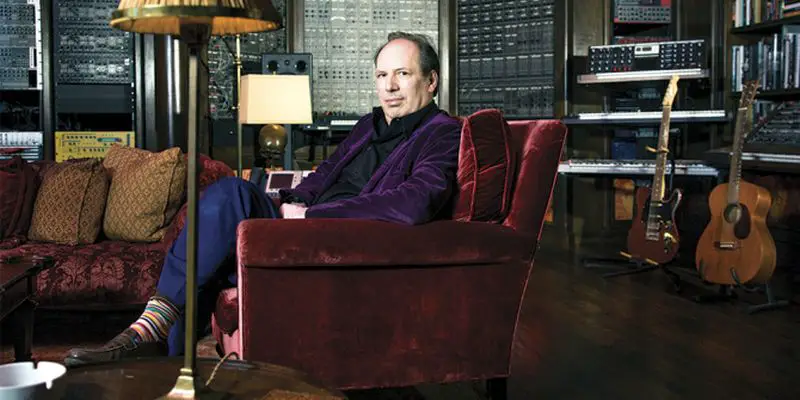
Composers are an underrated yet invaluable aspect to the world of cinema. They have the ability and duty to evoke various emotions in the audience, causing excitement, nerves, tears and goosebumps, sometimes all at once. It takes great skill to match the images on the screen to a suitable audio, and one man is notoriously known for his breathtaking soundtracks that complement filmmakers’ work and enhance the cinematic experience.


